Want by Lynn Steger Strong (Picador; July 6)
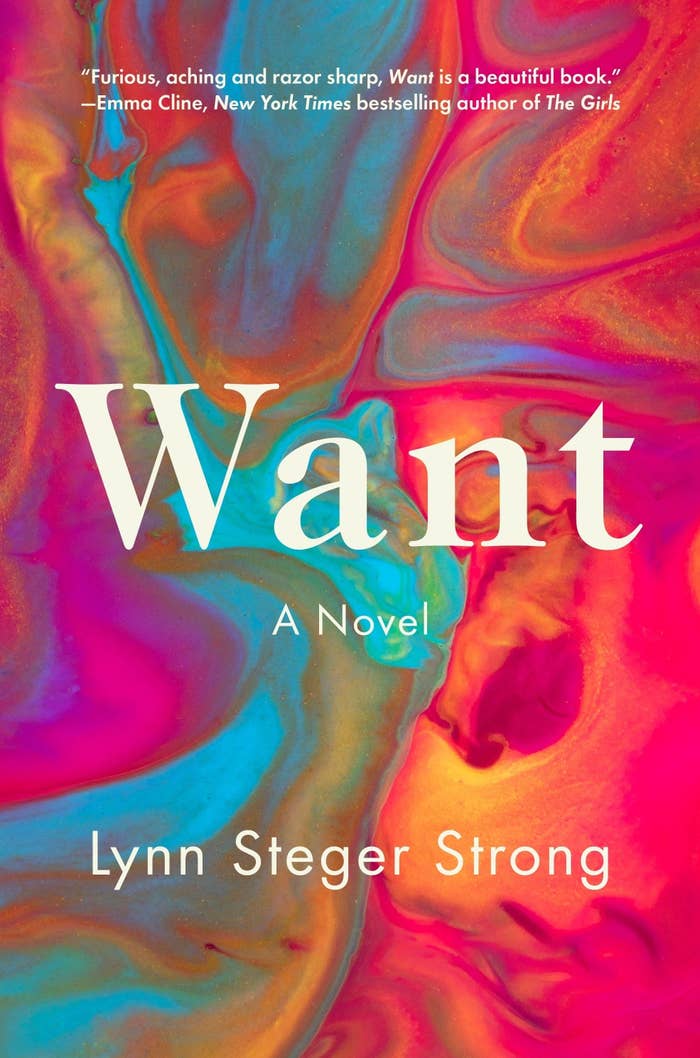
Nothing in Elizabeth’s life is quite as she’d hoped it would be: She’s using her PhD and love of books to teach English at a New York City charter school more interested in the idea of disciplining “underserved” (i.e., working class, Black) students than educating them; she and her husband live in a too-small apartment, sleeping in a loft bed in a closet so their daughters can benefit from a well-funded school zone; they’re broke and declaring bankruptcy; and lately, she finds herself preoccupied with thoughts of her ex–best friend Sasha. Strong breaks up the present timeline with flashbacks to Elizabeth and Sasha’s high school and early-twenties friendship, a relationship that involved Elizabeth’s complete enthrallment with her beautiful and magnetic best friend, whose interactions with the world revealed both the blessings and perils of being a woman universally desired. And through Elizabeth’s reconnection with Sasha at this moment of crisis, Strong astutely explores the complexities of wanting within biased systems — as a woman, whose desires are so often quashed, but also as a white woman raised with wealth and the message that anything desired can be attained. —Arianna Rebolini (from 29 Summer Books You Won't Be Able To Put Down)
The Voting Booth by Brandy Colbert (Disney-Hyperion; July 6)
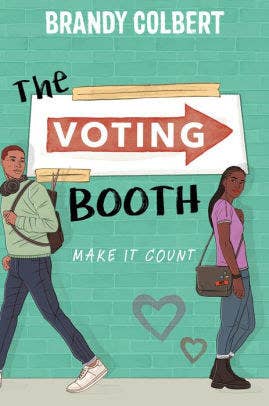
Marva has been counting down the minutes until her first opportunity to vote, but it's marred by seeing a guy her age turned away at the polls for being at the wrong center. That guy is Duke, and together, they run around town trying to get him the opportunity to do his civic duty, bouncing up against every obstacle possible in the process, and finding they share a passion for more than justice. —Dahlia Adler (from17 YA Romances That'll Make You Melt This Summer)
The Party Upstairs by Lee Conell (Penguin Books; July 6)
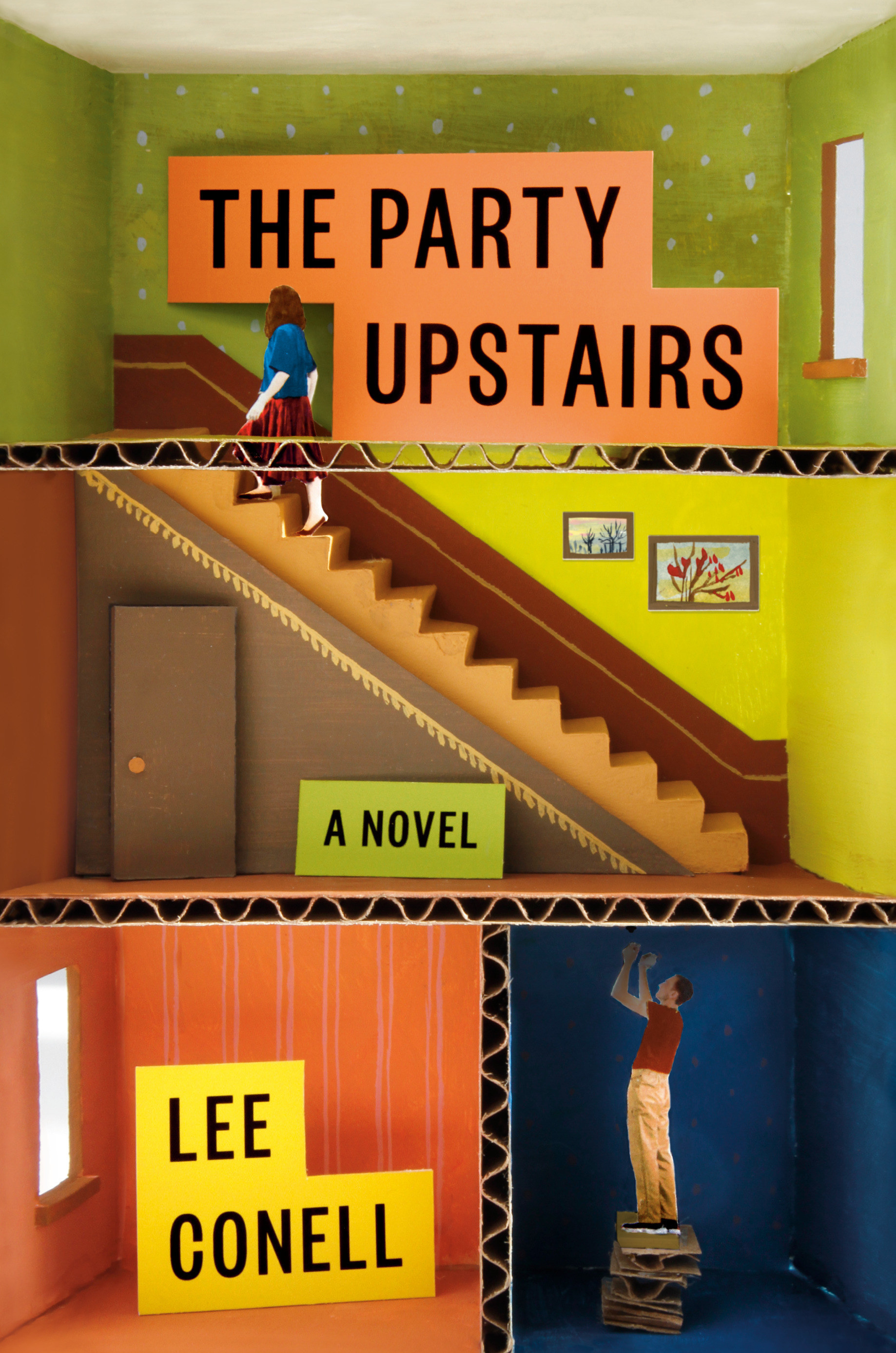
Conell’s offbeat debut takes place over the course of one day in the life of Martin, a humble (if slightly bitter) superintendent in an Upper West Side co-op, and his daughter, Ruby, who’s moved back home years after getting an art degree that’s brought her little more than massive debt. The day begins with an earnest but futile attempt at meditation — Martin can’t quiet nagging resentments about his impossibly wealthy tenants; Ruby keeps “going on anxiety spirals” about an upcoming interview for a “dream job” — and unfolds toward its culmination at a penthouse party that will change their lives. Throughout, Martin is haunted by the tough-love anti-capitalist voice of his favorite tenant, whose recent death allowed one of the last rent-controlled apartments to be gutted and turned into “a potential investment property for a sure-thing asshole”; while Ruby comes to terms with the unspoken imbalances between herself and her childhood best friend Caroline, who now lives in the penthouse her father built on the roof. Conell creates a microcosm of life on the shit side of the wealth gap in New York City, fills it with absurd, infuriating, and endearing characters, and hilariously skewers privilege that can’t (or won’t) recognize privilege. —A.R. (from 29 Summer Books You Won't Be Able To Put Down)
Winter Counts by David Heska Wanbli Weiden (Ecco; July 6)
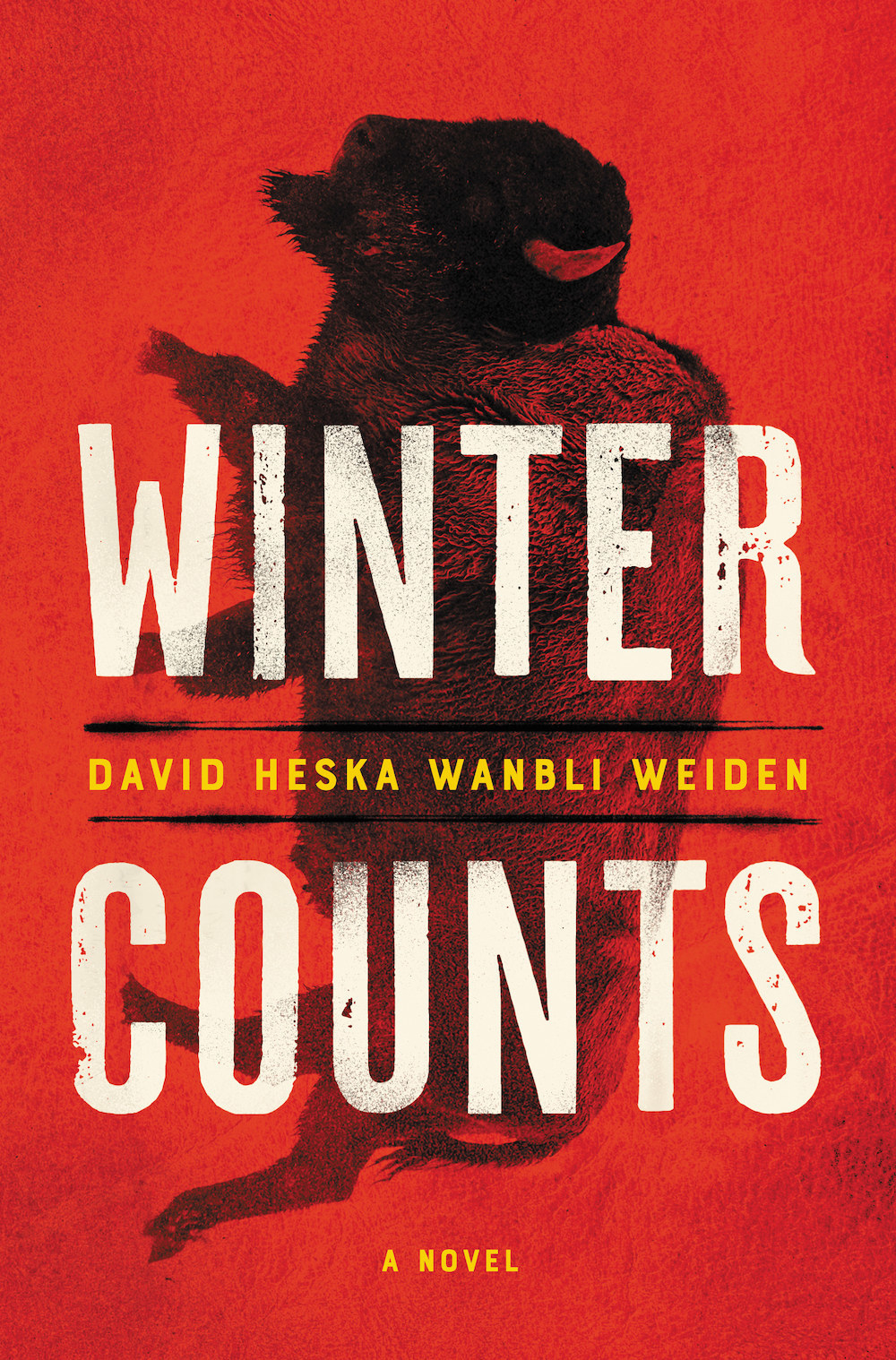
Weiden’s debut is a gritty, complex, and dynamic thriller about a vigilante named Virgil Wounded Horse who metes out punishment on the Rosebud Indian Reservation in South Dakota when the American judicial system or tribal council comes up short. He’s a standoffish character, ambivalent about his life and Native identity, and he’s reluctant to get involved in a case about drug dealers. But when his nephew Nathan — the son of his beloved late sister — ODs on heroin laced with fentanyl, he sets off on a mission to find the man responsible, with the unexpected help of his ex-girlfriend. They find themselves in the midst of a complicated web of drug cartels, uncovering a dangerous world of money, power, and violence with far-reaching ramifications. It’s an absolutely riveting page-turner, compelling not only for the mystery at its core but also for its piercing criticism of US (mis)treatment of Native populations. —A.R. (from 29 Summer Books You Won't Be Able To Put Down)
Wandering in Strange Lands: A Daughter of the Great Migration Reclaims Her Roots by Morgan Jerkins (Harper Perennial; July 6)
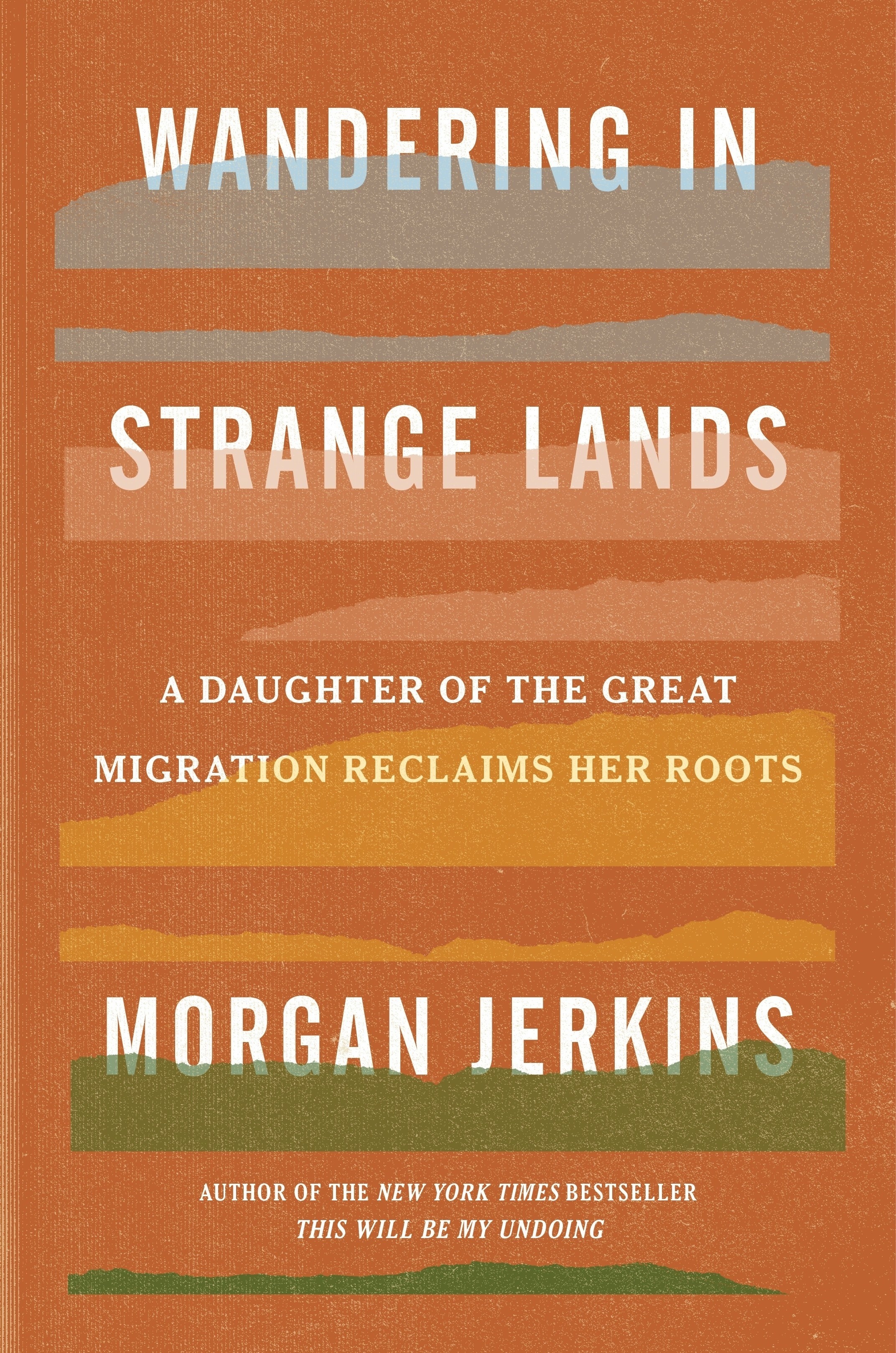
Between the years 1910 and 1970, 6 million black people made their way from the South to cities in the Midwest, West Coast, and Northeast in the hope of more opportunity. Among the folks making this Great Migration were the writer Morgan Jerkins’ own ancestors. Jerkins, who grew up in New Jersey, the only daughter of her father and mother who split before she was born, sets out to uncover her familial roots. Why did she grow up being told not to go near water? Why does her father have a French last name? Is it true that there is Cherokee in her family tree? Jerkins traces her family history, spending time in Georgia, New Orleans, Oklahoma, and Los Angeles. I learned a lot reading this book, including sobering information about the fight for the Gullah Geechee to keep their land, the difference between hoodoo and voodoo, and the complicated history of freedmen — Black people whose ancestors were enslaved by Native American tribes. —Tomi Obaro from (29 Summer Books You Won't Be Able To Put Down)
Or What You Will by Jo Walton (Tor; July 6)
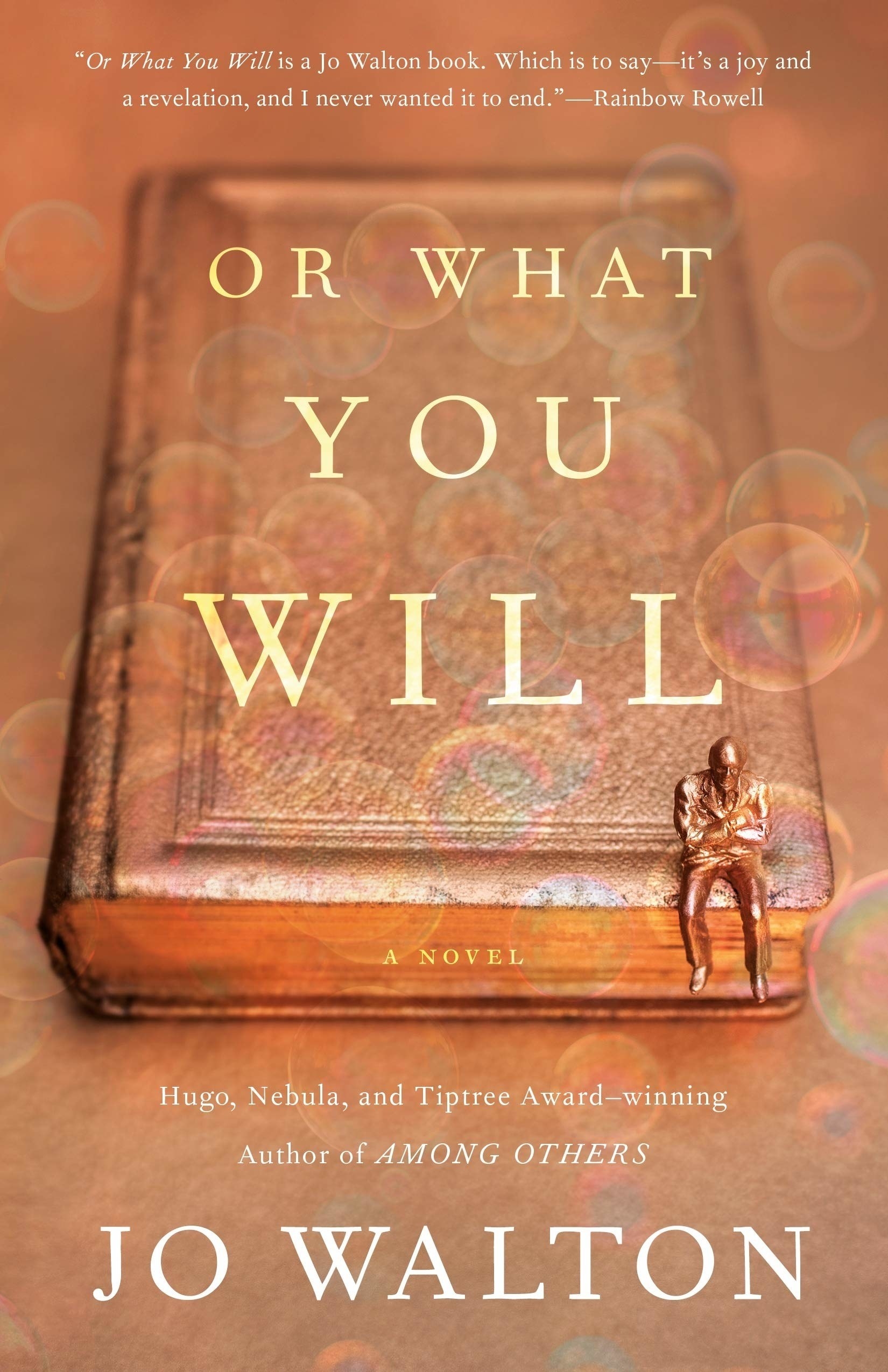
Or What You Will reminded me of the metafictions of If on a Winter’s Night a Traveler by Italo Calvino. It invites readers to become active participants in the narrative while the main character, 73-year-old writer Sylvia Harrison, grapples with the nature of storytelling and the making of myths. “He” is a character that has appeared in all 30 novels Harrison has written in some shape or fashion, from a dragon to a thief to a child. Harrison is working on her latest fantasy novel set in a fictional version of Florence, with inspiration from Shakespeare’s Twelfth Night and The Tempest. As she writes, this character that’s rooted in every story she’s ever told comes alive in a new way and tries to convince her to achieve immortality within the pages of the book she’s writing. Both intellectual and engaging, this is a book for readers experienced in the fantasy genre and who also enjoy thinking about the craft of writing. — Margaret Kingsbury (from 17 Summer Must-Reads For Fantasy Lovers)
Other People's Comfort Keeps Me Up At Night by Morgan Parker (Tin House; July 13)
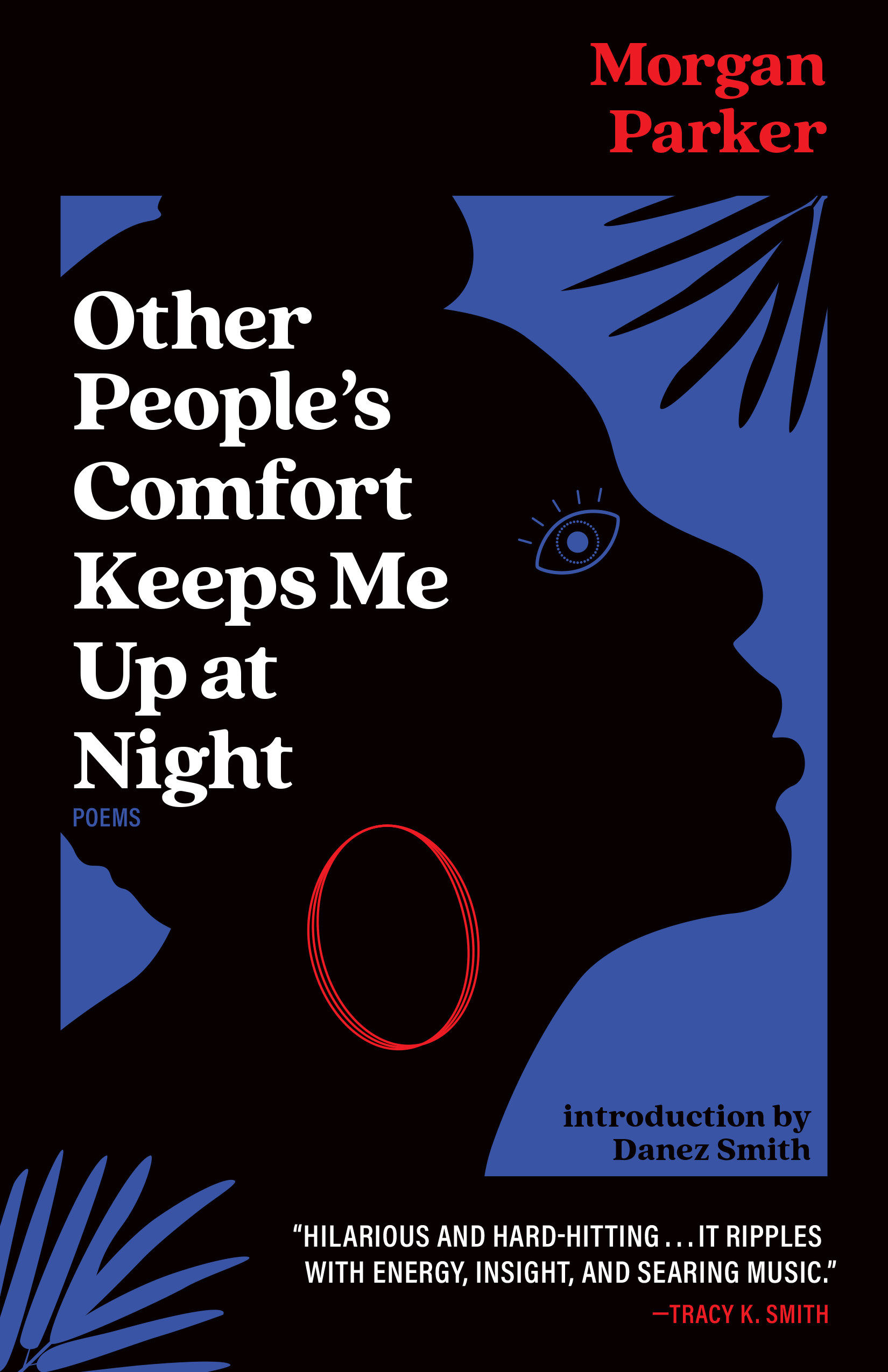
First published in 2015, Morgan Parker’s debut poetry collection gets a snazzy rerelease by Tin House and features a new introduction by Danez Smith. Whether she’s writing from the point of view of a Real House Wife or reinterpreting Jay Z’s famous song “ Girls, Girls, Girls,” her writing crackles with caustic humor and wrenching insight. You know from jump that she’s going places. —T.O.
Mother Daughter Widow Wife by Robin Wasserman (Scribner; July 13)
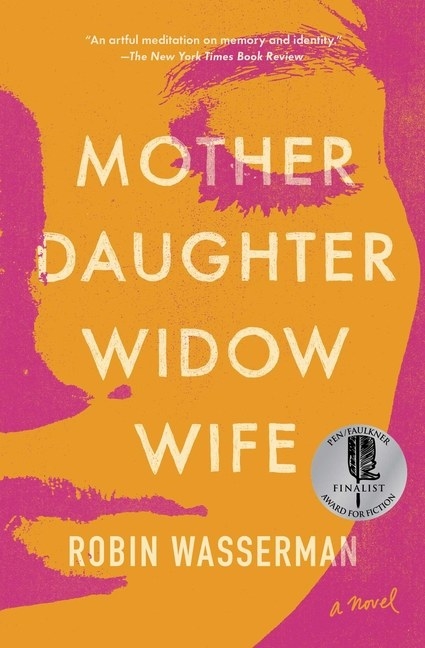
Wasserman’s second adult novel is a labyrinthine story about memory, truth, and power told in two timelines. In 1999, a woman arrives in Philadelphia with no money, ID, or memory of who she is. She falls under the care of the state and is invited to be part of a study on memory run by Dr. Benjamin Strauss, who sees her as nothing but a vessel for investigation. Lizzie, Strauss’s assistant, lover, and future wife, spends her days getting to know the mystery woman (called Wendy Doe) and imagining the freedom a new beginning could give. Twenty years later, Lizzie — now Elizabeth, and Strauss’s widow — finds Wendy’s 18-year-old daughter Alice at her front door, looking for her mother, who’s gone missing again. What are the secrets connecting these three women, and can they help each other? —Arianna Rebolini (from 29 Summer Books You Won't Be Able To Put Down)
Impersonation by Heidi Pitlor (Algonquin; July 13)

As a professional ghostwriter, Allie Lang, a single mom in her early forties, has the deft ability to channel the viewpoints of her clients who are mostly “an assortment of minor celebrities, one billionaire oilman, relatives of the famous, and the once but no longer famous.” But she meets her match when she’s assigned to work for the ambitious attorney Lana Breban on a memoir about motherhood. At first, she thinks the assignment is a godsend, but when her life begins to slowly unravel, with her boyfriend leaving and her childcare plans upended, Allie’s relationship with Lana becomes even more complicated. —T.O.
Pew by Catherine Lacey (Picador; July 20)
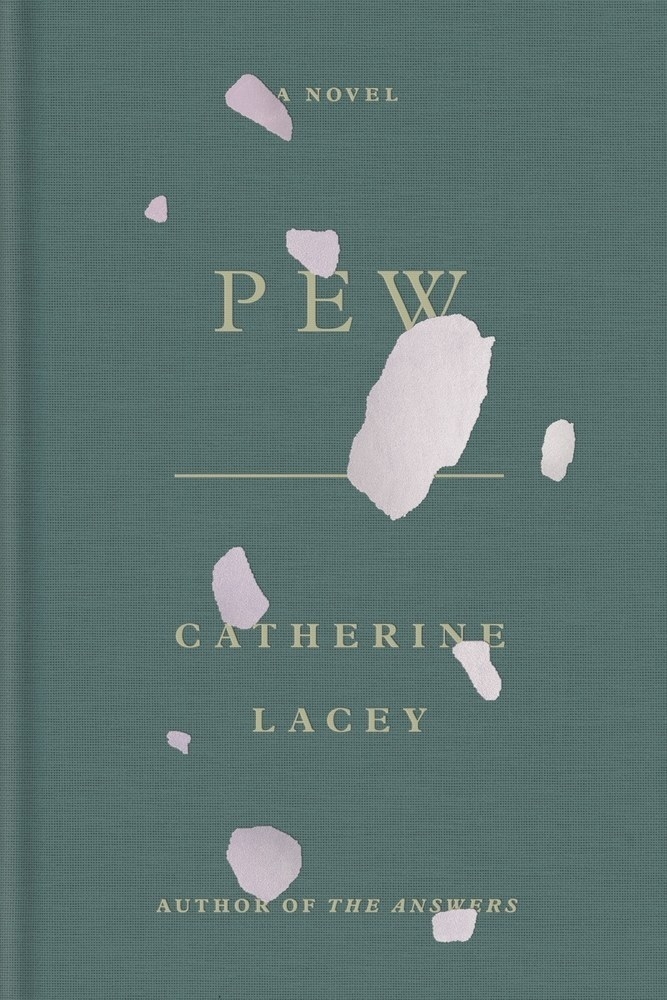
Lacey is a writer of wonderfully strange tales, and with Pew, she’s created a new fable about faith and prejudice. When a stranger is found sleeping in a small-town church, the locals don’t know what to make of this silent, androgynous, racially ambiguous person they name Pew. Pew is passed from household to household, becoming a sounding board for evangelism and confession, while a spiritual lore builds around their identity. But what happens when the town’s generosity runs out? —Arianna Rebolini (from These Are Our Most Highly Anticipated Books Of 2020)
I Hold a Wolf by the Ears by Laura van den Berg (Picador; July 27)
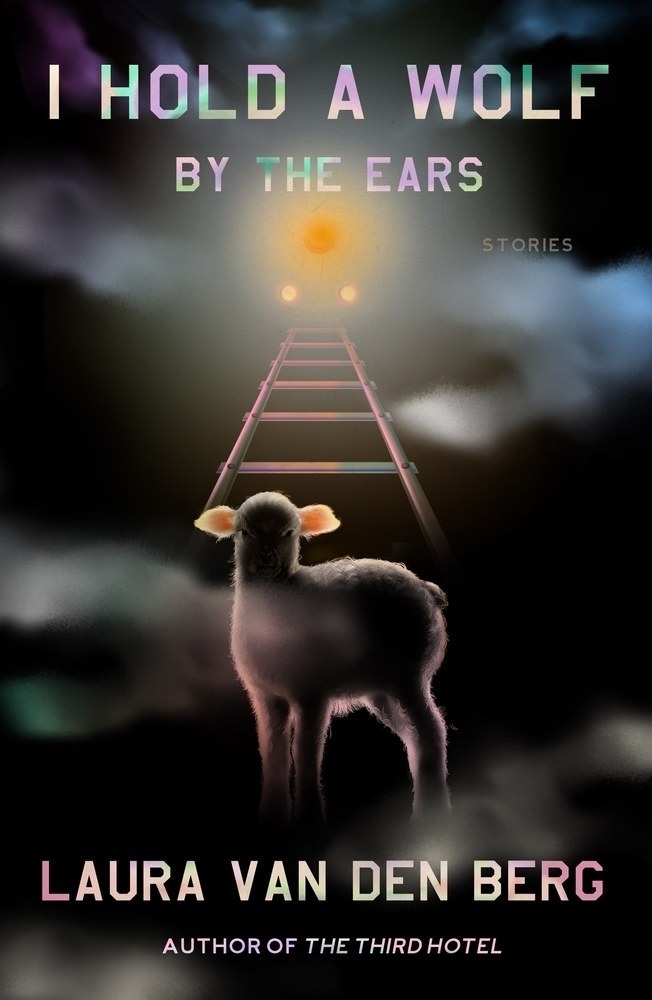
Van den Berg returns to short fiction in a collection of 11 stories about women and the ways in which they ache and survive. In “Karolina,” a woman is forced to acknowledge a disturbing truth about her brother. In “Friends,” Sarah keeps alienating potential friends with stories of the mother she left back in her hometown. In “Slumberland,” a woman who can’t sleep spends her nights trying to outrun a memory by photographing strangers from afar. These women are haunted by specters of their past, often left unspecified by van den Berg, who instead drops references to traumatic events and lets the reader piece them together — it isn’t the event she’s interested in, but rather its echoes, and their disorienting and sublimating effects on a person’s sense of self. —A.R. (from 29 Summer Books You Won't Be Able To Put Down)
Read an excerpt from van den Berg’s novel The Third Hotel here.
Life Events by Karolina Waclawiak (Picador; July 27)
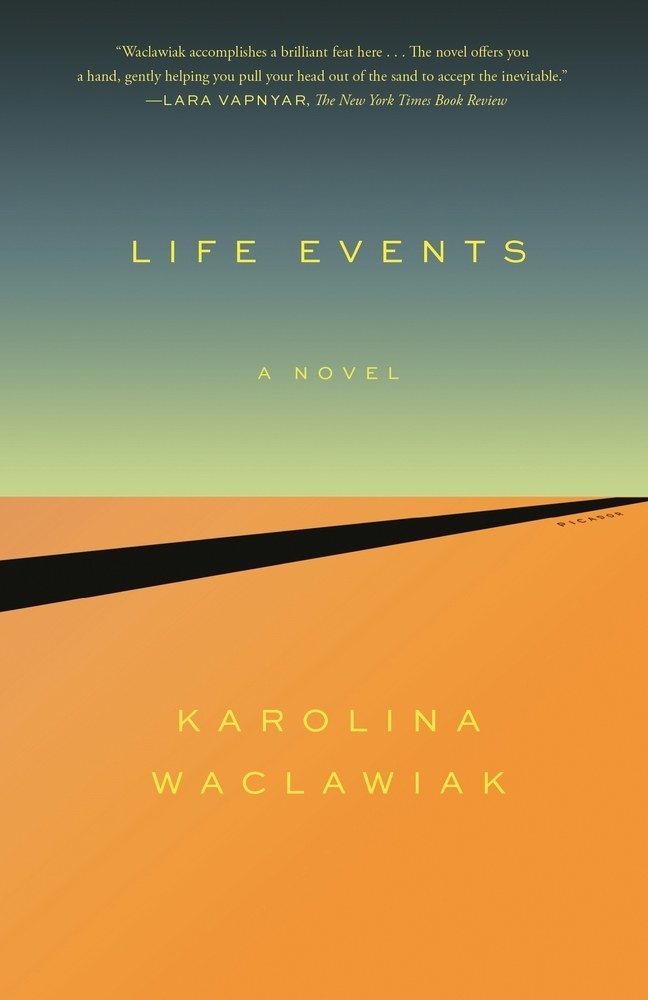
Evelyn is not “good at confrontations,” we learn early on in this BuzzFeed News executive editor’s third novel. Her father is dying, her marriage is on the rocks, and Evelyn, at 37, has just quit her run-of-the-mill assistant job. When she decides to join a death doula group, helping people with terminal illnesses end their lives, she discovers a whole new world of people seeking answers for life’s biggest tragic inevitability. While the subject matter is undoubtedly dark, this novel is a ruminative, incredibly moving reflection on the impossible heartbreak of waiting for a loved one to die. —Tomi Obaro (from 29 Summer Books You Won't Be Able To Put Down)
A House Is a Body by Shruti Swamy (Algonquin; July 27)
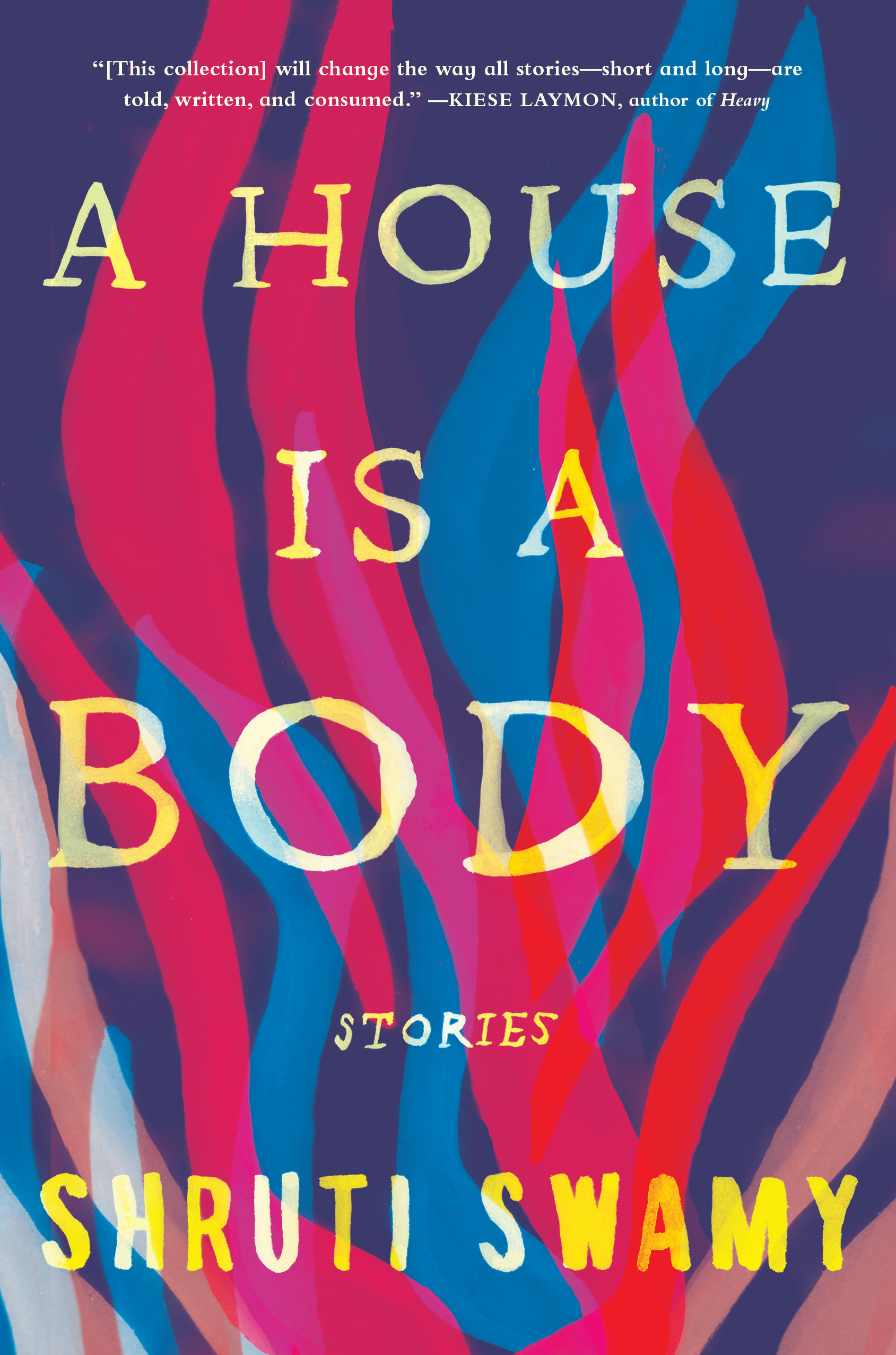
Swamy’s debut short story collection is rich, mesmeric, and often mournful, blurring the boundaries between dreams and reality and making time less linear and more pliable. In “Blindness,” a newlywed’s depression causes a rift between herself and her suddenly cruel husband, leaving her to escape into alternate dream lives. In “My Brother at the Station,” a pregnant woman catches sight of (and then trails) her brother, long estranged because of his ability to see the dead. There’s the mother watching an approaching wildfire, the lonely woman who meets Krishna at a party. These are nuanced and quietly powerful stories about our most urgent and deeply felt experiences — grief, love, and desire. —A.R. (from 29 Summer Books You Won't Be Able To Put Down)●
Correction: The definition of freedmen was misstated in a previous version of this post.
